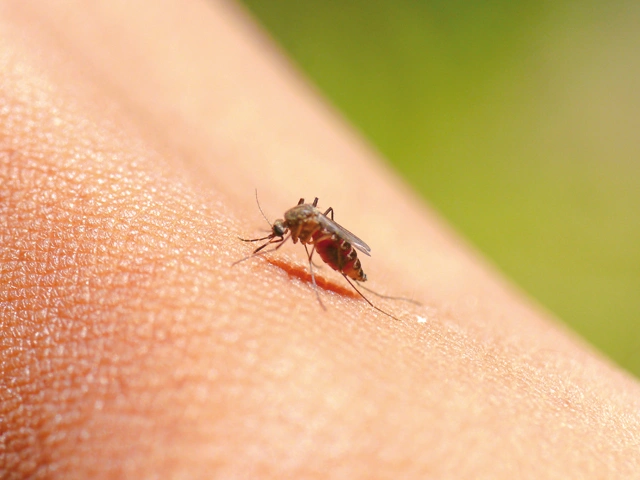
- Deutsch
- English
- 中文


With record temperatures this summer, most people are spending their evenings outdoors in the cooler air. Whether it's a relaxed barbecue, a quick trip to the lake, or simply time in the garden at home — insects are a constant companion. Around Lake Ammersee, people are currently even dealing with a full-blown mosquito infestation.
In most cases, insect stings are just annoying but harmless. Usually, you’ll only see some mild swelling and moderate redness around the sting site.
However, it’s a different story for people who suddenly experience allergic reactions. Stings or bites in the throat or mouth area can also become life-threatening. Every year, people die from the effects of insect stings.
Most symptoms after insect stings are triggered by the insect venom. These include:
At-risk individuals should always carry an emergency kit. This includes antihistamines, cortisone, and adrenaline. An allergy ID card may also be helpful, especially in cases where someone suddenly becomes unable to speak.
In general, allergies can be treated with autologous blood injections, desensitization, or counter-sensitization procedures.
It can also become dangerous if stung individuals scratch open the stings. This often leads to infections with bacteria that wouldn’t have otherwise entered the body. If dangerous pathogens like streptococci enter the bloodstream, blood poisoning can occur!
In our next article, we’ll share valuable tips on how to prevent insect stings and how to treat symptoms effectively.
Beware of Insect Stings: Tips for Prevention and TreatmentJuly 10, 2019